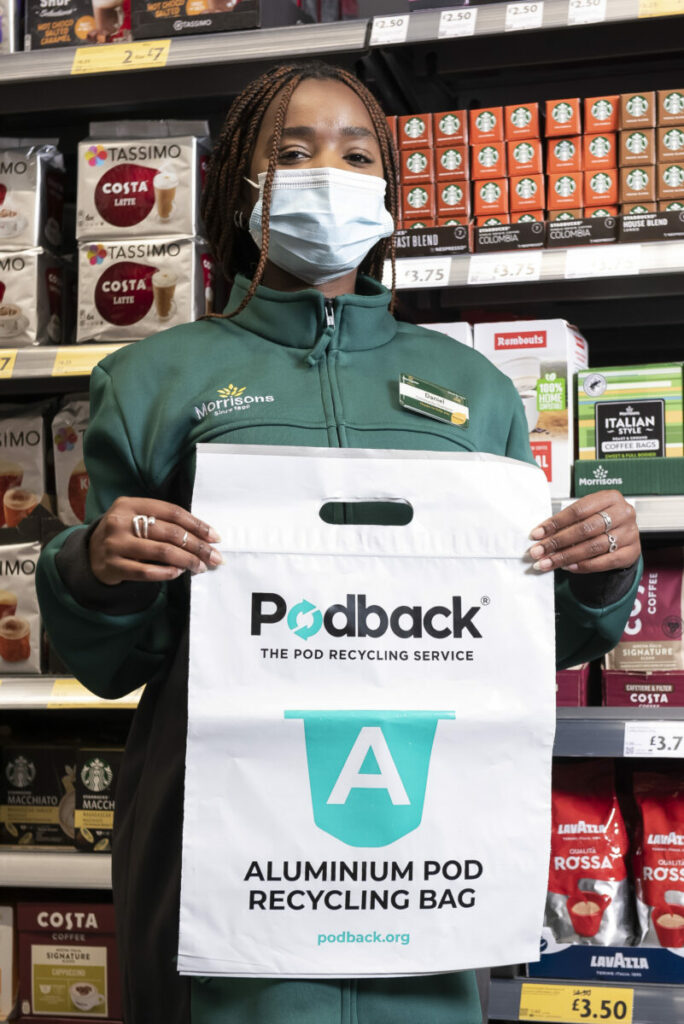The Department for Environment Food and Rural Affairs (Defra) is ditching its plans to force companies to carry out mandatory food waste reporting, and will make the process voluntary instead.
In documents released to The Grocer, the government said it was scrapping the plans which were proposed by Michael Gove in 2018, and which received 80% positive responses following an official consultation.
The retailer Tesco has called on the government to introduce mandatory food waste reporting since 2019 and said this was crucial to meeting its sustainable development goals (SDG), including halving food waste by 2030.
Speaking to The Grocer, a spokesperson for the retailer said: “We have long called for government to introduce mandatory food waste reporting to help measure and judge if real action is happening.”
However, in the documents seen by The Grocer the government said it was rolling back food waste reduction plans because of costs to large businesses – which it said did not constitute a large part of the consultation’s responses.
“These latest figures are just another example of their claims of being world leaders in decarbonisation lying in tatters,” she added.
It added that most of those who responded would “not be impacted by the regulatory policy option outlined in the consultation”.
Subscribe to Sustainability Beat for free
Sign up here to get the latest sustainability news sent straight to your inbox each morning
Writing on LinkedIn, Feedback senior policy and campaigns manager Martin Bowman described the move as an “insult”, and said the move had taken place despite approval from a majority of respondents, including “ from the retail, catering, and primary production sectors themselves”.
The move comes after the government also ditched extended producer responsibility rules (EPR), which would have seen the government force retailers to pay for recycling their products, a move which campaigners have also criticised.
According to FareShare around three million tonnes of food is wasted across the industry each year, despite still being good to eat.
A report from climate action NGO WRAP last year found that overall their had been a reduction in food waste by major retailers which also led to a reduction in carbon emissions, but simultaneously found a need to speed up the process.















